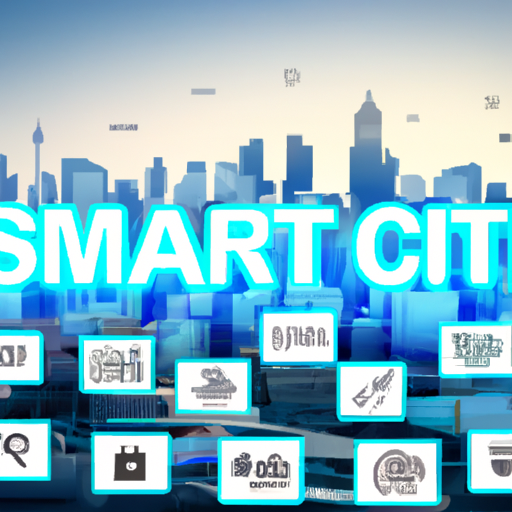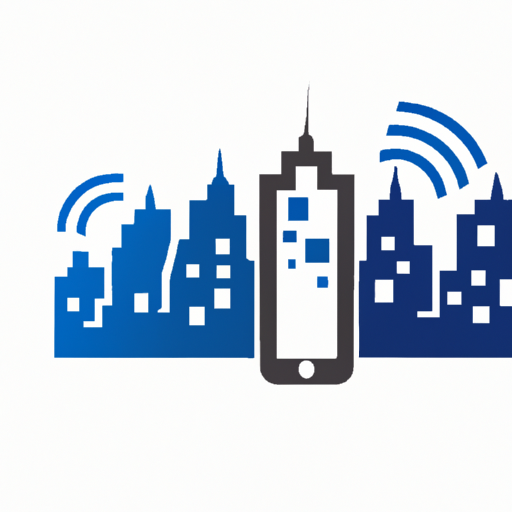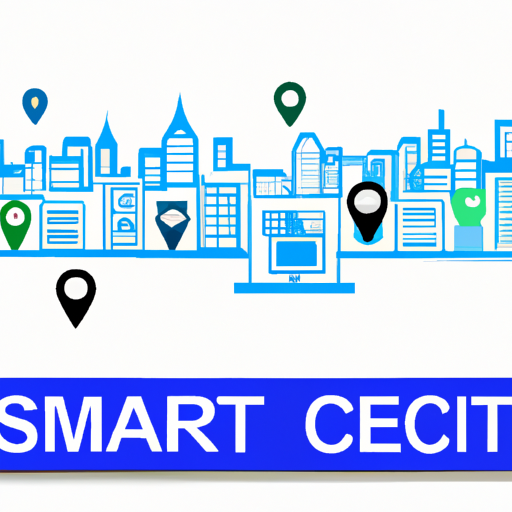In recent years, the concept of smart cities has gained significant traction, representing a new era of urban innovation that utilizes technology to improve the quality of life for residents. By integrating the Internet of Things (IoT) and advanced infrastructure, these cities are setting a benchmark for sustainable living and city planning.
What Are Smart Cities?
Smart cities leverage digital technology to enhance performance across various sectors including transportation, healthcare, energy, and water management. This integration allows for better resource management, improved public services, and a more connected community experience.
Key Components of Smart Cities
- Smart Infrastructure: Intelligent road systems, smart grids, and energy-efficient buildings are a crucial aspect of smart cities that help in reducing waste and improving efficiency.
- IoT Connectivity: From smart traffic lights to personalized public transportation systems, IoT provides real-time data that helps city officials make informed decisions.
- Sustainable Living: Initiatives such as waste management systems and green energy solutions are essential for reducing a city’s carbon footprint.
The Benefits of Smart Cities
Smart cities facilitate a range of benefits for their residents, including:
- Enhanced public safety through connected surveillance systems.
- Improved traffic flow and reduced congestion thanks to smart transportation solutions.
- Lower energy costs and increased efficiency through smart meters and grids.
Challenges and Future of Smart Cities
While the potential is immense, the road to becoming a smart city is not without its challenges. From funding and data privacy concerns to the need for strong cyber-security measures, city planners must navigate these hurdles carefully. However, as technology advances, the future of smart cities looks promising, paving the way for smarter, more sustainable urban living.
Conclusion
As we move towards a more digitized world, the rise of smart cities is set to transform urban living significantly. By adopting innovative solutions and embracing technology, cities can not only enhance the quality of life for their residents but also work towards a sustainable and smart future.
Stay tuned for more updates on urban innovation and smart city initiatives that are shaping the future of our communities!






